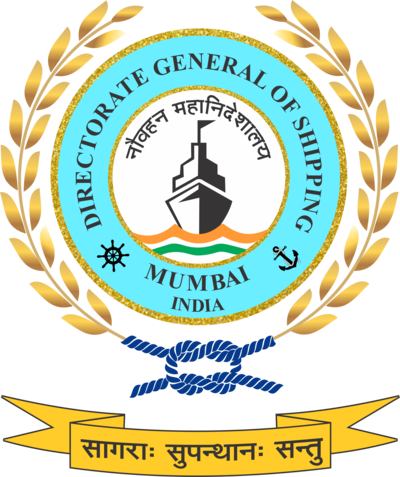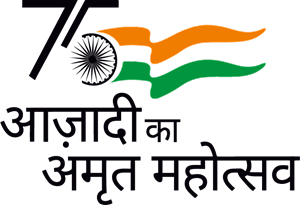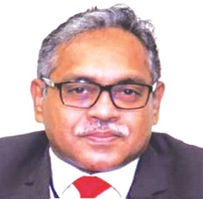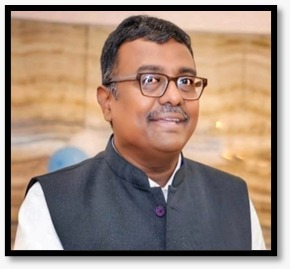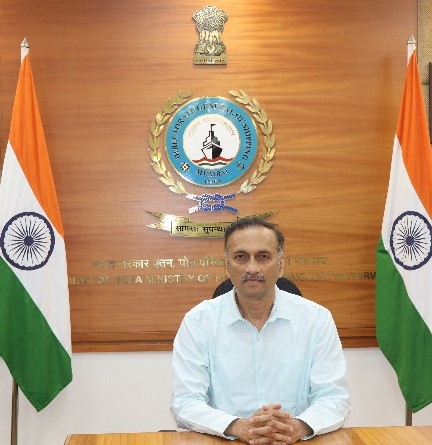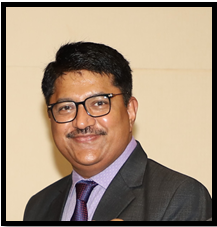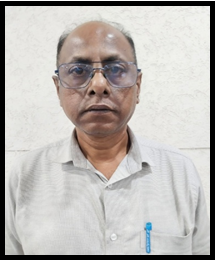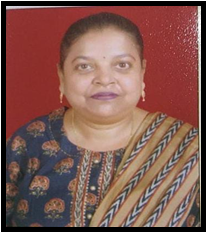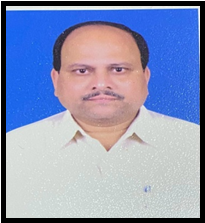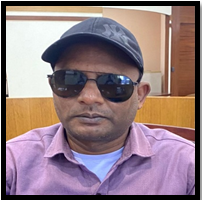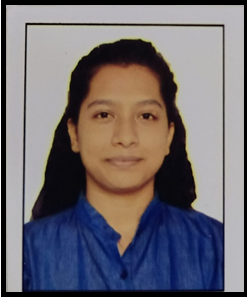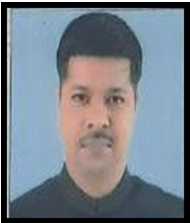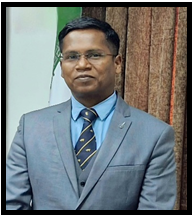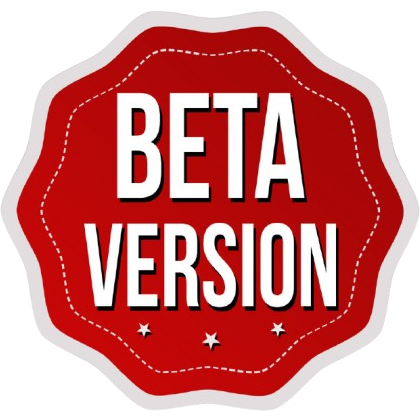LMS
LMS platforms help streamline course management, assessment, and communication, ensuring a seamless learning experience for both faculty and students. Learning Management System (LMS) is a dedicated, technology-driven platform designed to meet D.G. Shipping standards.
Key features include:
A robust platform that adheres to D.G. Shipping standards, ensuring high-quality, compliant training for maritime professionals.
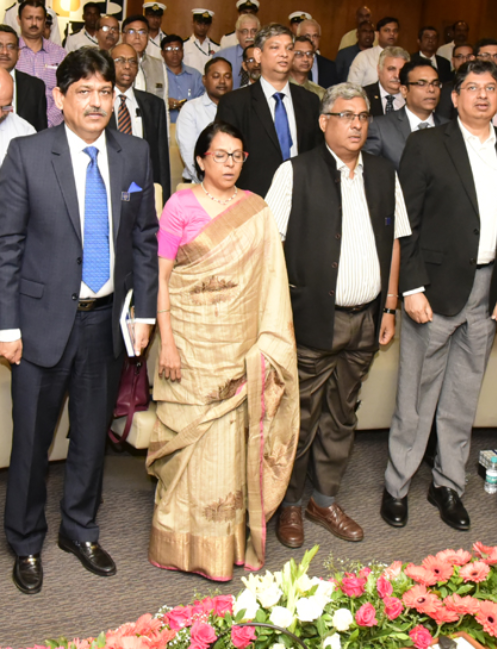
The LMS supports a smooth transition from ADU E-learning to an STCW/STCW+ and Deep Learning platform, offering advanced courses and resources.
The system provides curated and standardized modules for both teaching and self-assessment, enabling learners to track progress and enhance their skills.
LMS is designed to deliver a seamless, comprehensive learning experience, ensuring maritime professionals receive top-tier training aligned with industry standards.

RDC
In India’s strategic maritime goals under Maritime India Vision 2030, it is proposed the inclusion of a Merchant Navy contingent in the Republic Day Parade. This initiative aims to raise awareness about the Merchant Navy as a prestigious career path, encouraging youth across the nation to pursue maritime professions.
The Republic Day Parade offers an exceptional platform to highlight the significant contributions of the Merchant Navy to India’s maritime goals, particularly in increasing the share of Indian seafarers from 12% to 20% of the global workforce by 2030. The participation of cadets in this high-visibility event will inspire the next generation of maritime professionals. Historically, the Merchant Navy participated until 1975, and reviving this presence aligns with national maritime objectives.
The Directorate General of Shipping (DGS), in collaboration with institutions like IMU, CMMI, and other Maritime Training Institutes (MTIs), proposes to include a Merchant Navy contingent in the Republic Day Parade. The contingent will consist of 130 members, including 120 cadets and 4 officers, with an aim for 50% female participation. The objective is to promote maritime careers and highlight the sector’s role in India’s economic growth.
FDP
A Faculty Development Programme (FDP) is a strategic initiative aimed at enhancing the skills, competencies, and overall development of teaching staff within an institution. The purpose is to ensure that faculty members remain up-to-date with the latest trends in pedagogy, technology, and academic management, thereby improving the overall educational experience.
Below are the key features of a well-rounded Faculty Development Programme:
One of the critical components of an FDP is establishing a system for evaluating faculty performance and workload. This can be done through a Load Matrix, which helps to analyze the distribution of teaching hours, research responsibilities, and administrative tasks. Additionally, regular quality assessments allow institutions to evaluate teaching effectiveness, student feedback, and faculty engagement. This information is crucial for identifying areas of improvement and fostering a culture of continuous improvement.
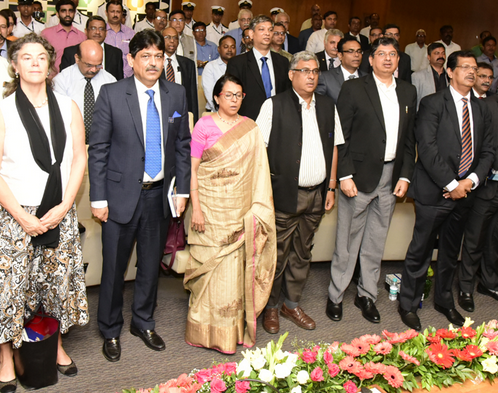
Faculty development does not stop at initial training. Continuous learning is an integral part of the programme. Faculty members are encouraged to participate in workshops, seminars, conferences, and online courses to enhance their subject knowledge, pedagogical skills, and technological expertise. This continuous professional development ensures that faculty members stay abreast of evolving trends in higher education and are equipped to deliver quality education.
A robust FDP includes mechanisms for addressing faculty grievances and ensuring smooth management practices. A well-structured grievance redressal system fosters a supportive work environment and promotes faculty well-being. Additionally, effective management facilitation—whether in terms of workload balancing, career growth, or other administrative support—is vital for maintaining morale and satisfaction among faculty members.
As technology becomes increasingly integral to education, providing faculty with the tools and support to use Smart Classrooms and Learning Management Systems (LMS) is crucial. FDP initiatives should include training in the use of these technologies, enabling faculty to deliver interactive, engaging, and effective lessons. LMS platforms help streamline course management, assessment, and communication, ensuring a seamless learning experience for both faculty and students.
Comprehensive Faculty Development Programme ensures that educators are well-equipped to handle the challenges of modern teaching. It emphasizes continuous professional growth, effective management, and the integration of advanced technological tools to enhance teaching and learning.

